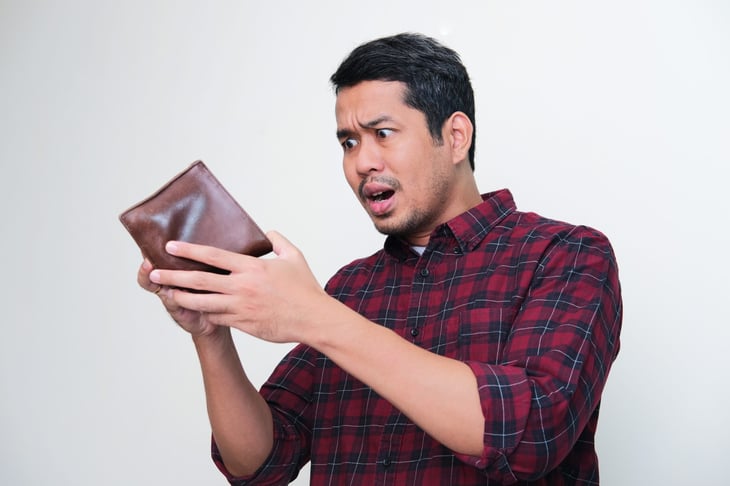
There are essential items that most of us keep in our wallets: our driver’s license, a few credit cards and a little cash.
But there are some things that should never appear in your billfold. Many of these articles put you at higher risk for identity theft should your wallet fall into the wrong hands. Others can increase your danger of losing money or even property.
Following are some items that should remain at home, in a hidden place in your car — almost anywhere besides your wallet.
Social Security card
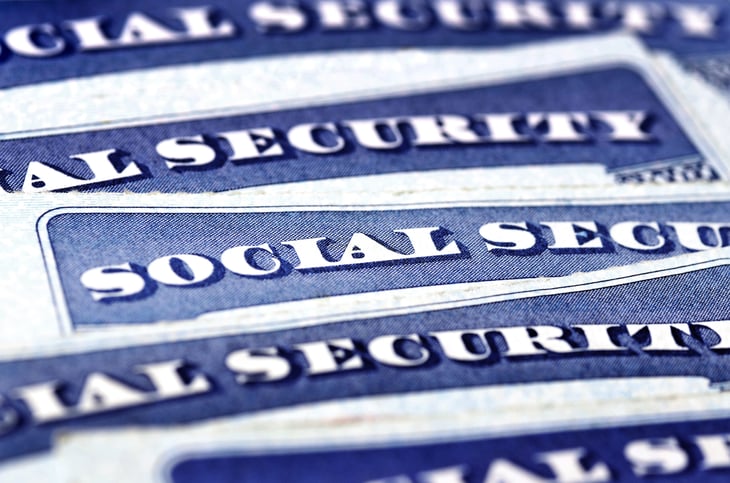
For the most part, your Social Security card should remain at home or in a very safe place, such as a bank safety-deposit box.
Occasionally, you might need to carry this card with you to verify your identity. But under no circumstances should you simply tuck the card into your wallet and carry it around for days at a time.
The reason should be obvious: The card has your Social Security number. That means if it falls into the wrong hands, you will be easy prey for identity thieves.
In fact, never regularly carry anything that has your Social Security number on it in your wallet.
Checks
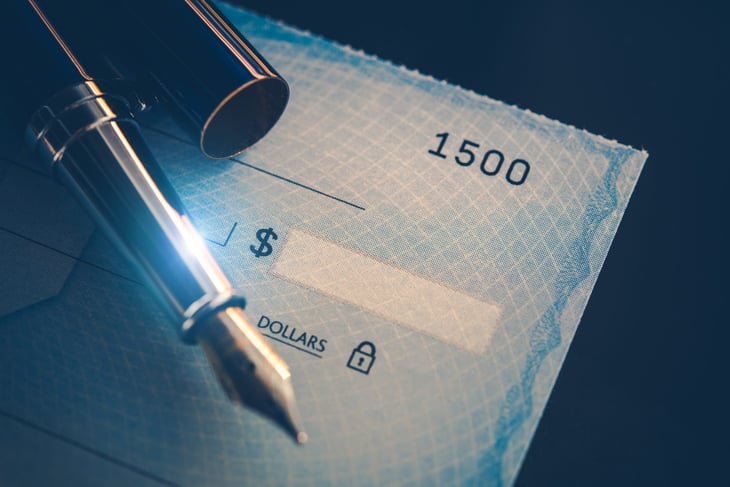
Folding a blank check and stuffing it into your wallet is like opening the door to your checking account and inviting others to walk in. A thief who discovers a blank check will likely quickly try to cash in by writing a fraudulent check.
And even if the check is not blank, it offers some important information that fraudsters would love to have, such as your name, address and checking account number. Don’t make a scammer’s job easier.
Spare keys
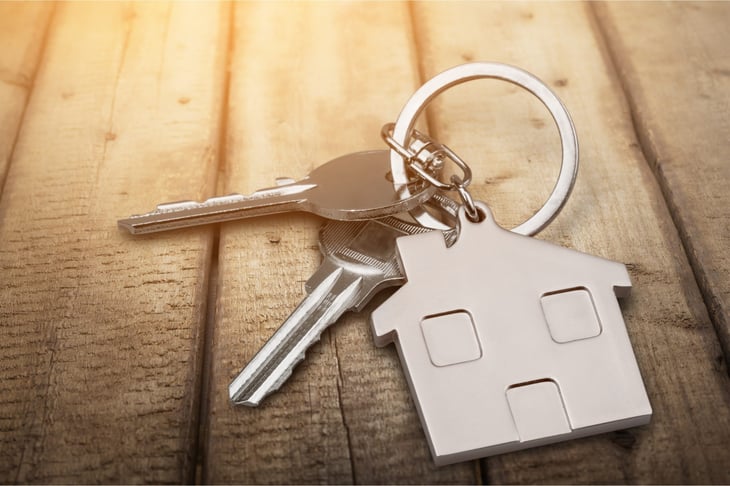
Keeping an extra house key in your wallet leaves you more vulnerable than you might think. A thief who gets hold of your wallet probably will find your driver’s license, which has your address.
That means if the ne’er-do-well can put two and two together, it’s likely he or she will know exactly where to use that key — and that’s a pretty unsettling feeling.
Extra debit cards
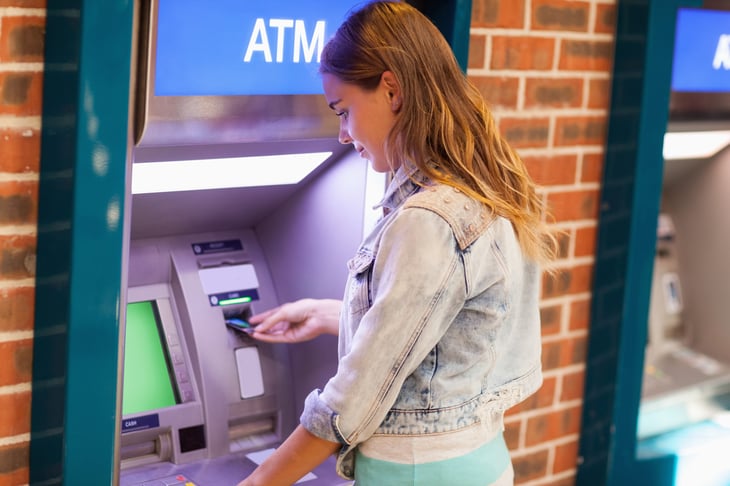
Many of us have more than one debit card. Perhaps you already have a main checking account but also have signed up for another account at a second bank offering a bonus to new customers.
Or, if you have a small business or side hustle, it’s possible you got a debit card when you opened a business checking account.
Even if you have multiple debit cards, it’s likely that you use just one for the vast majority of your checking-related transactions and for getting cash at the ATM. Keep that debit card in your wallet and leave the other cards safely at home until you really need them.
Wads of cash
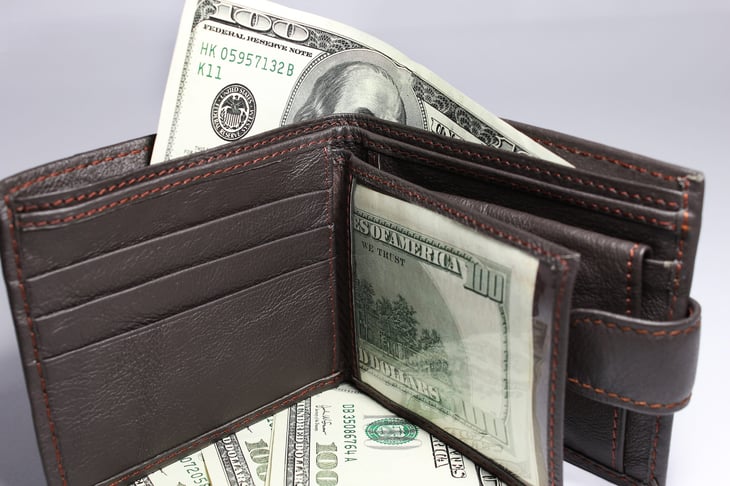
It’s fine to keep a small amount of cash in your wallet. But unless you have money to burn and don’t really care what happens to it, it’s foolish to keep hundreds of dollars in your wallet.
Lose the wallet, and you will take a major financial hit. Plus, if you open your wallet and a nearby thug eyeballs all that cash, you become a prime target.
Documents with important information
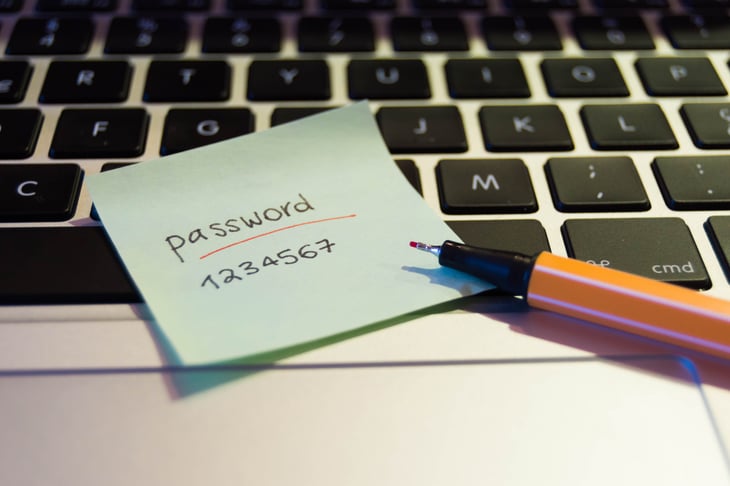
Don’t stuff papers with private information into your wallet. Keep your lists of passwords at home, for example, and don’t fold up and store statements from your bank or investment accounts and carry them in your wallet.
Too many gift cards
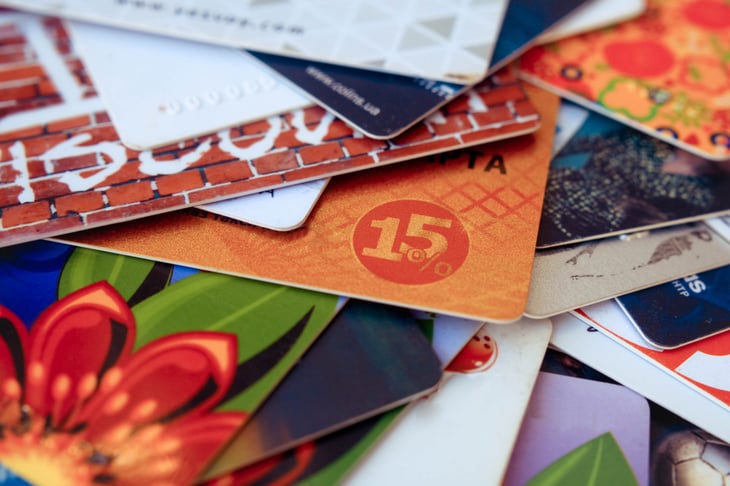
It is fine to have a gift card or two in your wallet. But walking around with a bunch of gift cards — or even with just a couple that have a very high dollar value — is pretty much the same as carrying around stacks of cash.
If your wallet is lost or stolen, you will feel a lot better knowing that you are only out $50 because you decided to carry one gift card instead of packing your wallet with $500 worth of cards.
A bunch of credit cards
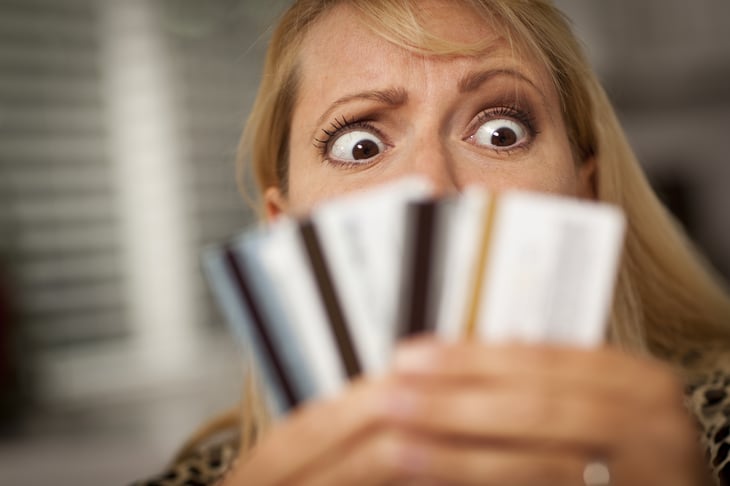
A wallet full of credit cards is a bad idea for two reasons.
First, if your wallet is stolen or lost, it’s a bigger pain to call around to lenders and try to limit the damage on 10 credit card accounts than it would be on just a couple of cards.
Also, carrying around a fat wad of credit cards might tempt to you to spend more. Really, most people should not have a bunch of credit card accounts in the first place.
Instead, try to limit yourself to just a handful of accounts for all your spending. One or two is probably plenty for most folks.
